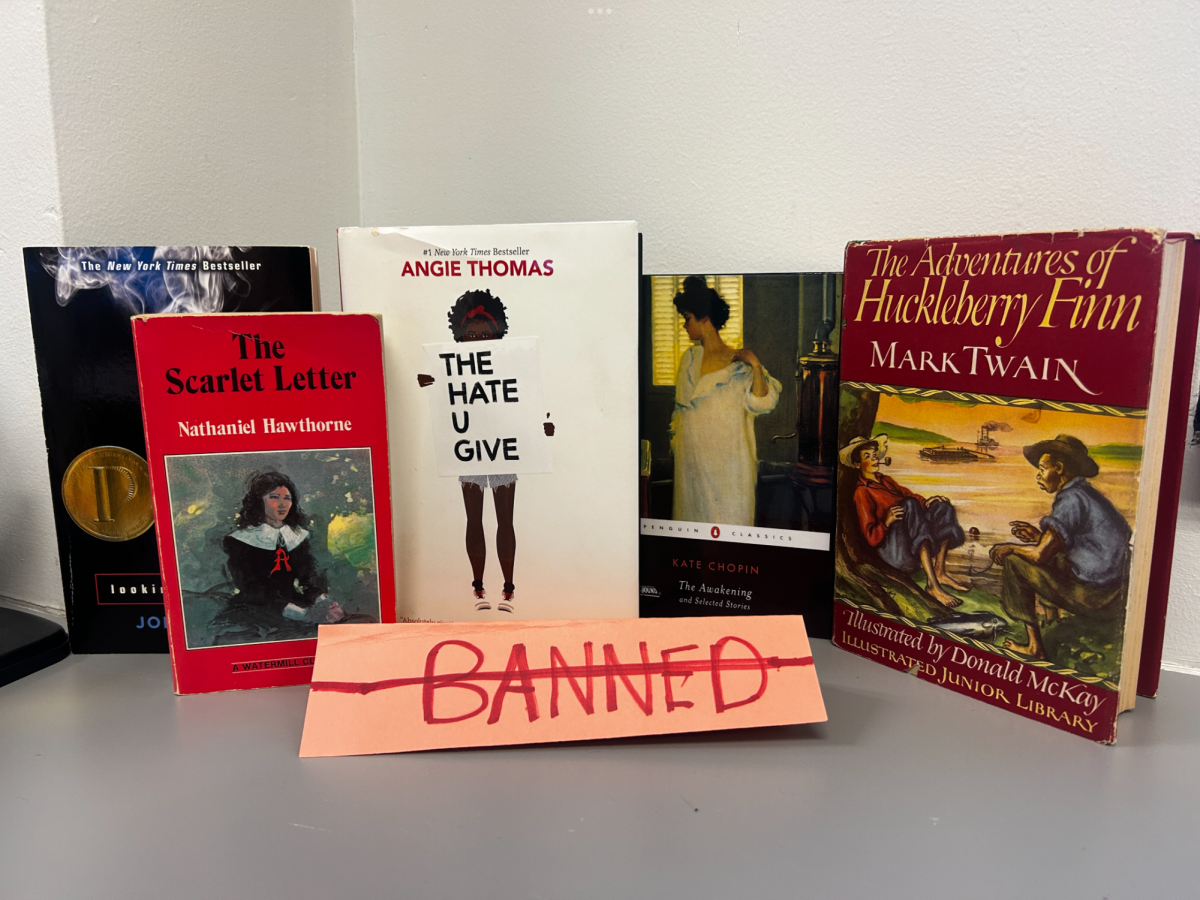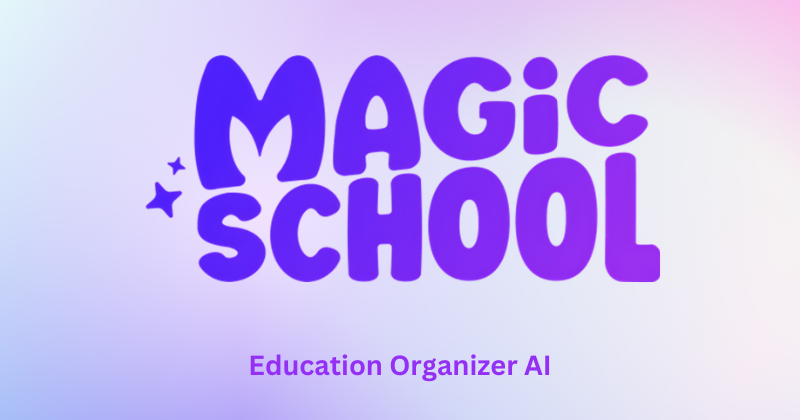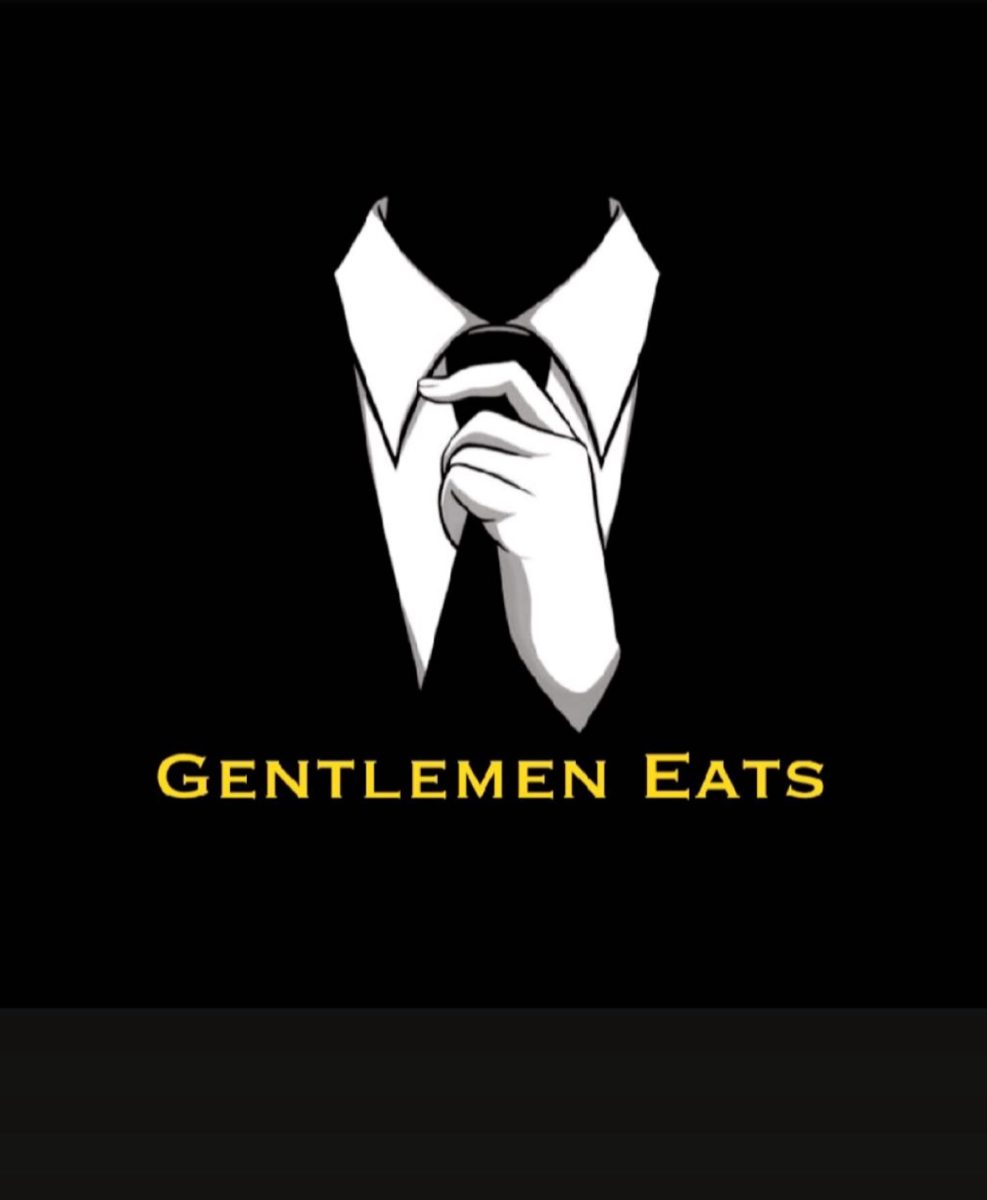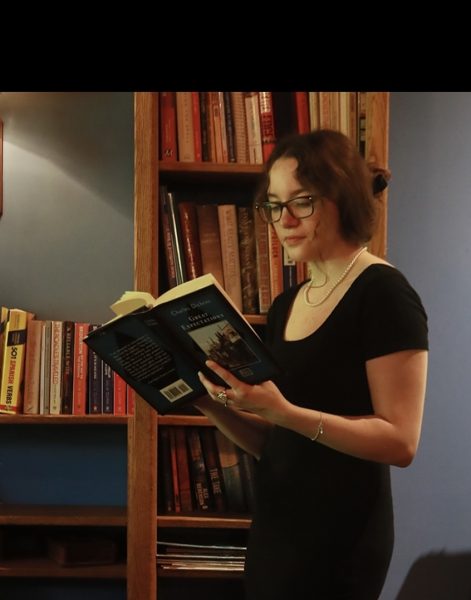In Ray Bradbury’s novel, Fahrenheit 451, a world with limitations on information is depicted: books are burned, television is regulated, and mindless entertainment activities are encouraged. Guy Montag, the novel’s protagonist, struggles with how to live a life of independence in a world where the government constantly censors any “controversial” information. Instead of typical firemen, who decimate fires with water, Bradbury details firemen who check the power of everyday citizens—burning forms of intellectual freedom: books.
Ever since its founding in 1776, the United States has been built on the idea of freedom of speech—breaking away from Britain to form a democracy where all opinions are heard in a new nation, no longer attached to Britain’s aristocracy. Today, the topic of censorship has been reintroduced into American politics, through the banning of several novels/books that depict “sensitive” topics, such as LGBTQ+ content, race, obscenity, sexuality, violence, religion, and political viewpoints. Book banning is defined as restricting access to books by removing them from public libraries, school curricula, or small bookstores. While the first public library was founded in 1834 on the basis of voluntary service, being open to all, and providing service without charge to the user, libraries have evolved throughout history—prohibiting books that offer different opinions on sensitive topics.
The School of Library and Information Science at the University of Southern Mississippi notes that the H. W. Wilson Company began publishing its Reader’s Guide to Periodical Literature, which offers suggestions for books in a library. However, this put them at a great disadvantage, as many public libraries did not subscribe to their company—because of a fear of dissipating public opinion. Additionally, in the 1950s many public libraries faced pressure to censor certain material that was proposed to spread Communist ideas. With the withdrawal of many controversial materials that hinted at Communist beliefs, many organizations began to attack public libraries for “promoting Communism.” In public high schools, in the case Counts v. Cedarville School District in 2003, a school board voted to censor the Harry Potter series because it promoted “disobedience.” Afterwards, many students were required to get a permission slip from a parental figure, in order to obtain a copy of a Harry Potter book from the school library.
In a recent poll of high school students at Norwin, 45 percent of students voted against having a policy requiring parental permission for students to check out certain books from their school’s library. Additionally, 31 percent that they were unsure of the policy.
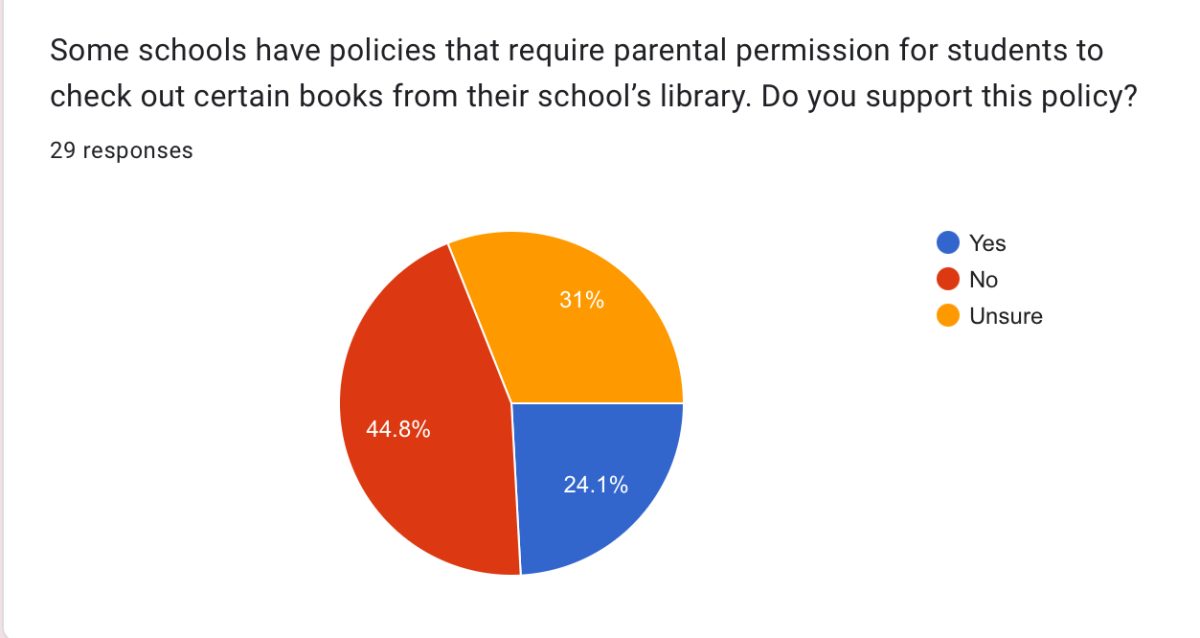
According to PEN America, 10,046 books were targeted for censorship in the 2023-2024 school year, while 1,247 demands were sent to the government to ban library books, materials, and resources. The attempt to ban books is present in all public schools throughout the nation—from a brief discussion at a board meeting to the attempt to ban a book on a federal level.
From the 1,247 demands sent to a government with a request to ban a specific library book, the most frequently banned books were: 1984 by George Orwell, The Adventures of Huckleberry Finn by Mark Twain, The Catcher in the Rye by J.D. Salinger, The Perks of Being a Wallflower by Stephen Chbosky and To Kill a Mockingbird by Harper Lee. While many of these renowned novels are taught throughout high school, a lot of the same books are challenged by individuals—becoming a primary issue for the government to deal with.
A writer for UNC Charlotte detailed the importance of free speech for students, arguing that it was one of the most valuable rights in American culture. One of the founding principles of the United States, free speech is considered an essential right, and refers to the “protection of speech from government interference,” designed to “protect unpopular, hurtful speech.” Some Norwin students feel the same way, with around 90 percent stating that free speech is an essential right for students. However, even though censorship violates the right to freedom of speech, some acts of censorship are permissible.

“Students should have the right to sensitive topics,” said Norwin sophomore student Amelia Bilinsky. “How are we supposed to learn if the entirety of our education is sugar-coated?”
From a very young age, students are taught to read—capturing valuable knowledge from every word that they consume—and then to transform this knowledge into information that they can use in the future. Additionally, many argue that the procedures for banning books are far too vague. The word “obscenity” can mean a plethora of things—from harsh language to depictions of the human body.
“The aim is to ‘protect children’ yet you notice the majority of things targeted don’t affect children in any way,” said junior Charlotte McClure. “Oftentimes sexual content is banned but it is not targeted as much as other options (race, LGBTQ+, political viewpoints, etc.).”
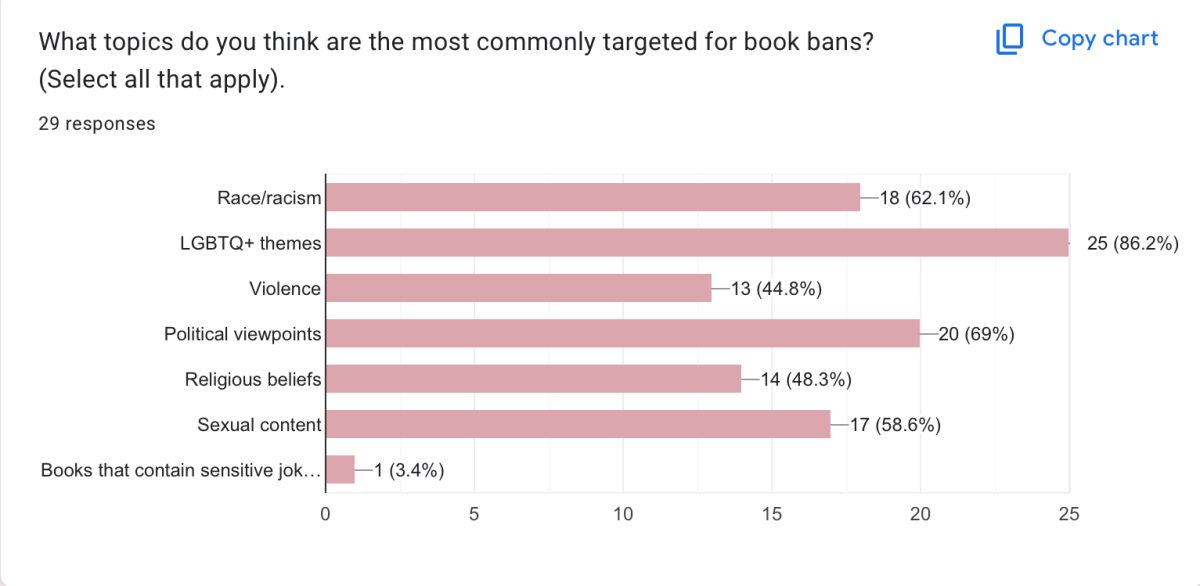
As a result of some students thinking that broad topics are banned to protect the minds of young adults, the question of whether free speech is truly practiced in America is called into question. The depictions of people that are different from others—simply because of their sexuality or opposing viewpoints—is silenced through the subsequent banning of the discussion of these topics.
“We are the ones consuming the knowledge, the thoughts, the opinions, the stories,” said a student in a Norwin poll. “We should be able to decide what knowledge, thoughts, opinions, and stories we consume. We shouldn’t be restricted by a school telling us what we can and can’t choose to learn.”
In schools, the library is well-known to be a place where students can relax—either studying for an upcoming exam or reading a book. However, since over 10,000 books were challenged in the 2023-2024 school year alone, some public libraries have limited their selection of books because of a fear of the federal or state government.
Typically, books are challenged by parents or administrators, out of fear that their children are being taught inappropriate topics that are too mature for their age. Mrs. Kauffman, the Norwin High School librarian, noted that there are strict policies for librarians to follow when a book is challenged by someone else. Additionally, there are certain steps to get a book introduced into a public library to ensure public approval.
“Teachers and librarians have always had to follow board policies and procedures to determine appropriate acquisition of library (and classroom) materials,” said Mrs. Kauffman. “After the librarian follows the policies and procedures for selection, the requested books go through a rigorous approval process. As it is for acquisition, there is a procedure that someone wishing to challenge a school material must follow. In addition to filing a formal complaint, the individual must read the material in full in order to be able to identify the offensive material and justify the challenge (procedure 109 D.1).”
Therefore, the attempt to ban books on general, broad topics must be backed up by sufficient evidence. In addition, books must be read in their entirety—according to library procedures—to officially censor a book from students in a high school public library.
On the other hand, some students believe that books should be introduced into a public school based on parent and staff opinion. One student noted how parents should be able to regulate books in middle school and primary school. However, they also said that high school books should be controlled by both parents and students. For some, the idea that knowledge should be controlled by parents in public and private school systems allows for another set of eyes on their children’s education.
“I think banned books should only be banned for sexual content reasons, but I think parents are allowed to have discretion over what they want their children to read and at what time,” said one student in a recent Norwin poll. “Those books should be able to be checked out with parent permission.”
As a result of students being so young and introduced to controversial topics like sexual content and religious beliefs, it is understandable that many students feel like there should be some sort of regulation over public school books. Ultimately, a majority of students believe that books should not be banned or deemed “inappropriate” by the government, because it is a student’s choice to pick up a book and read it.
“Anytime a book is deemed inappropriate, you can imagine that there is renewed interest in the title,” said Mrs. Kauffman. “I can’t predict the future, but with every challenge, readers find a way to thrive!”
In Fahrenheit 451 by Ray Bradbury, the main character Guy Montag challenges the authoritarian government before him by questioning the burning of books after meeting Clarisse, a source of Montag’s happiness and an introduction to self-reflection. Afterward, Guy Montag begins to steal books and hide them from the government—a way of protecting his knowledge from governmental infiltration. Joining a group of rebels who memorize books, Montag begins to realize that the government has unchecked authority over citizens, contributing to incredulous losses in free speech.
”You don’t have to burn books to destroy a culture. Just get people to stop reading them.” — Fahrenheit 451, Ray Bradbury


